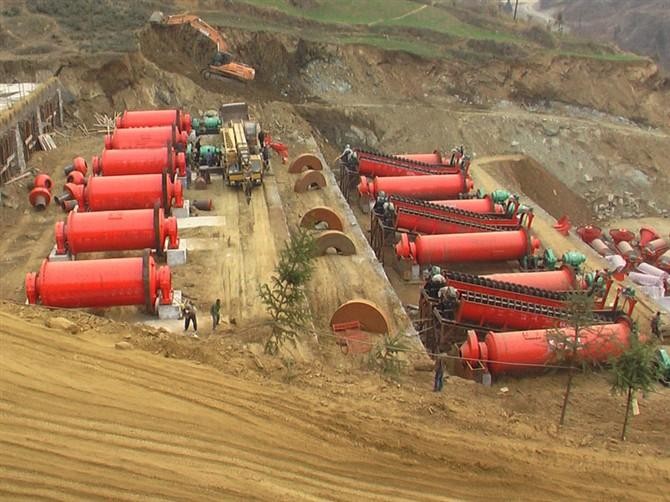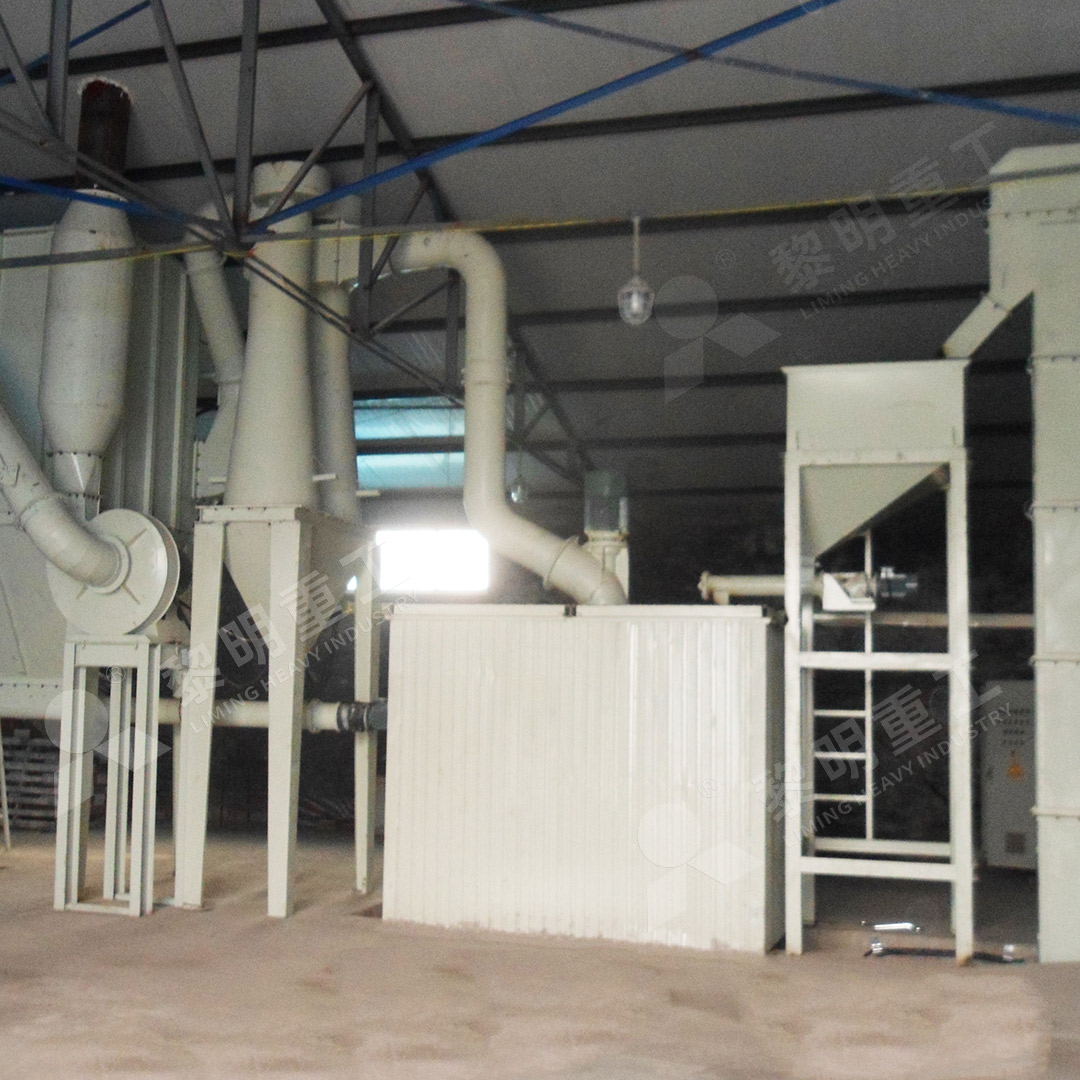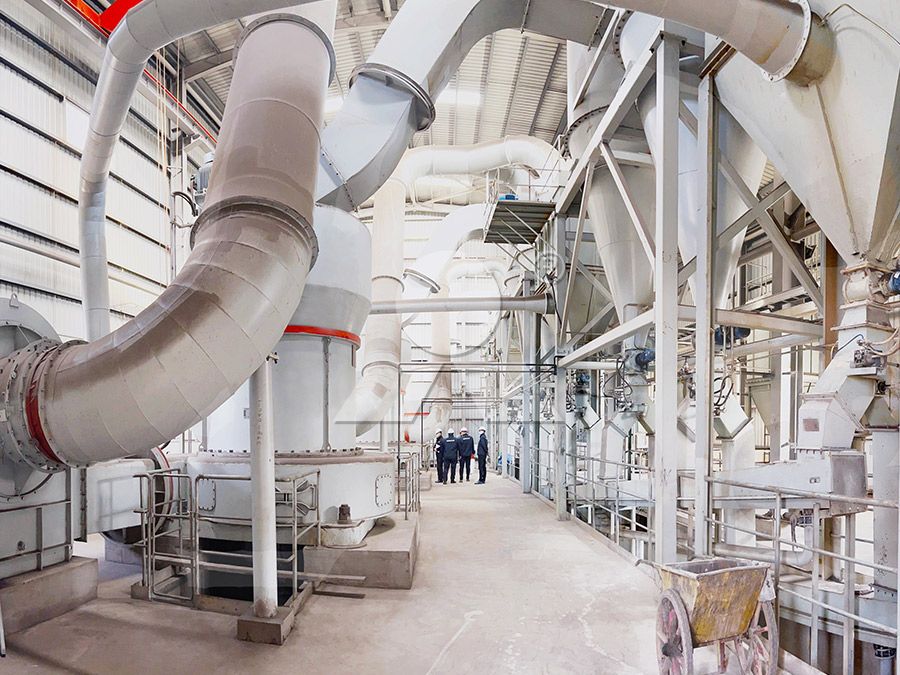Ball Mill Manufacturers in South Africa: A Comprehensive Guide
We provide a wide range of mills — including Raymond mill, trapezoidal mill, vertical mill, ultrafine mill, and ball mill, obtained ISO9001 international quality certification, EU CE certification, and Customs Union CU-TR certification. Suitable for processing minerals such as limestone, phosphate, quicklime, kaolin, talc, barite, bentonite, calcium carbonate, dolomite, coal, gypsum, clay, carbon black, slag, cement raw materials, cement clinker, and more.
The discharge range of these mills can be adjusted to meet specific processing needs, typically from 80-400 mesh, 600-3250 mesh, and can achieve the finest particle size of up to 6000 mesh(D50).
If you are looking for a reliable grinding solution to turn stone or minerals into fine powder, please feel free to contact our online customer service.
Ball Mill Manufacturers in South Africa: A Comprehensive Guide
South Africa’s mining and mineral processing industry is a cornerstone of its economy, demanding robust and efficient grinding equipment. While traditional ball mills have been a staple for decades, technological advancements have introduced superior alternatives that offer enhanced efficiency, lower operating costs, and better environmental performance. For operators seeking to upgrade their facilities or invest in new capacity, understanding the landscape of grinding technology is crucial.
The Evolution Beyond Traditional Ball Mills
Conventional ball mills, while reliable, are often characterized by high energy consumption, significant noise, and substantial dust generation. They operate on a simple principle: a rotating cylinder filled with grinding media (balls) that impact and attrition the material. However, this method can be inefficient, with a large portion of energy being wasted as heat and noise rather than being used for size reduction.

Modern grinding solutions adress these shortcomings head-on. They are engineered for higher yield, precise particle size control, and significantly reduced environmental impact. For operations processing materials like limestone, calcite, dolomite, or petroleum coal into fine and ultra-fine powders, moving beyond the ball mill is no longer an option—it’s a necessity for remaining competitive.
Introducing a Superior Grinding Solution: The MW Ultrafine Grinding Mill
For South African producers looking to maximize output and minimize overhead, the MW Ultrafine Grinding Mill presents a compelling alternative. This machine is specifically designed for customers who need to make ultra-fine powder between 325-2500 meshes, making it ideal for a wide range of applications from construction materials (gypsum, barite) to advanced industries like cosmetics and food additives.
Its key advantages are a game-changer:
- Higher Yielding, Lower Energy Consumption: Production capacity is 40% higher than jet mills and double that of ball mills, while system energy consumption is just 30% of a jet mill’s.
- Precision Fineness Control: A German-technology, cage-type powder selector allows for accurate adjustment of product fineness, achieving a superb screening rate of d97≤5μm in a single pass.
- Eco-Friendly Operation: An integrated efficient pulse dust collector and muffler system ensures no dust pollution and reduces operational noise, keeping your plant compliant with national environmental standards.
- Robust and Worry-Free Design: With no rolling bearings or screws in the grinding chamber, the risk of mechanical failure is drastically reduced. External lubrication allows for 24/7 continuous operation.

Choosing the Right Partner in South Africa
Selecting a manufacturer isn’t just about buying a machine; it’s about entering a partnership. The best suppliers offer comprehensive support, from initial consultation and custom engineering to installation, training, and a reliable supply of original spare parts. This ensures maximum uptime and a long, productive lifecycle for your equipment.
When evaluating manufacturers, look for a proven track record in the African market, a commitment to after-sales service, and a product portfolio that demonstrates continuous innovation. The goal is to find a partner who understands the unique challenges of operating in South Africa and can provide a grinding solution that delivers tangible returns on investment.

Conclusion
The future of mineral processing in South Africa lies in embracing smarter, more efficient technology. While ball mills have served the industry well, next-generation equipment like the MW Ultrafine Grinding Mill offers a clear path to reduced operational costs, increased production capacity, and a smaller environmental footprint. By investing in advanced grinding technology, South African operations can strengthen their position in a competitive global market.
